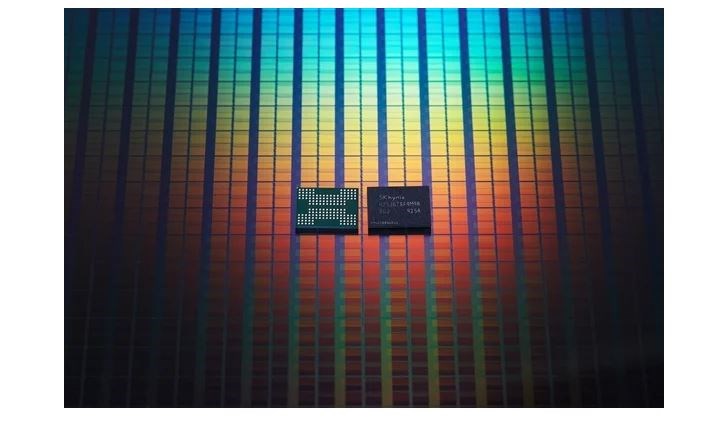
Samsung Electronics decided to stop its activities in semiconductor foundries, targeting 4 nm, 5 nm and 7 nm production lines. The move was taken after the company suffered losses of tens of billions of won in the third quarter, in an effort to cut costs and make operations more efficient.
According to industry sources, Samsung has already reduced the capacity of these production lines at its Pyeongtaek campus by 30% and plans to increase this rate by up to 50% by the end of the year. According to South Korean media ChosunMedia, Samsung’s semiconductor division suffered losses of nearly 1 trillion won (about $724 million) last quarter as it failed to receive enough orders from major technology companies such as Nvidia, AMD and Qualcomm. To reduce electricity costs, the company is shutting down production equipment rather than leaving it idle.
The lack of expected orders, especially from Chinese fabless semiconductor companies, negatively affects the 4 and 5 nm production processes. While the additional regulations imposed by the United States on semiconductor exports to China cause Chinese companies to postpone their projects, this creates additional difficulties in Samsung’s foundry business.
It is thought that these cuts may weaken Samsung’s competitiveness in the semiconductor market. At a time when Samsung is allocating resources to its more profitable memory unit, there is a risk that its foundry operations may fall behind rivals such as TSMC. Professor Lee Jong-hwan from Sangmyung University states that this gap may make it difficult for Samsung to recover when market conditions improve in the future.
Amid these difficulties faced in the foundry industry, Samsung is turning to Snapdragon processors from its own Exynos chipsets. According to the information received, it is on the agenda to use the Dimensity 9400 chipset instead of Exynos 2500 in the upcoming Galaxy S25 series. This change shows that Samsung is having difficulty meeting the performance and profitability expectations it targeted in its Exynos line and has become more dependent on Qualcomm’s products.